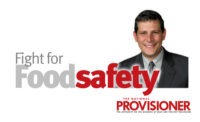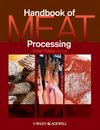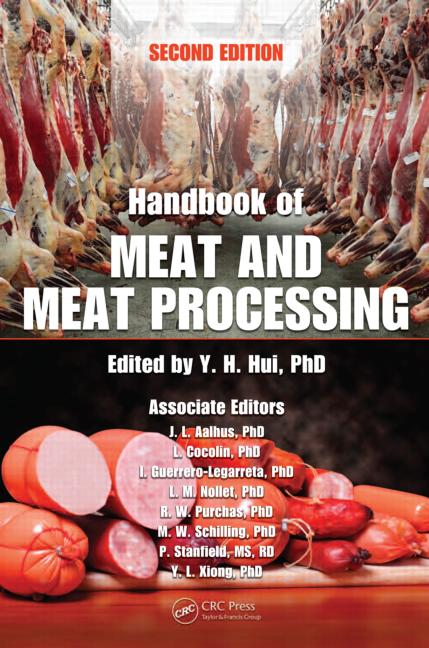That axiom certainly holds true when dealing with food safety. From the kitchen to the farm, we play an integral role in preventing foodborne illness. Certainly, the prevention of foodborne illness is a multi-tiered endeavor which depends upon individuals at all levels to effectively work.
Preventing foodborne illness is in many cases most easily and effectively accomplished at the consumer level, while the liability, when foodborne illnesses do occur, generally falls on the processor. This two-fold disconnect results from the popular consumer misconception that all food, regardless of whether or not it is a raw animal product, is inherently pathogen free. In addition, consumer research shows that most consumers lack even a basic understanding of food safety fundamentals.
As a result, the onus for food safety falls almost squarely on the processors. There is no doubt that processors have done an exemplary job. Foodborne illness occurrence has rapidly declined in the last decade in spite of better surveillance and an increase in production. But, as with any difficult task, there always remains some level of room for improvement.
Processors must always work to improve and streamline their food safety systems. Not only is this of critical importance to protect your customers, but it will also have a positive effect on the bottom-line. Companies which maintain state-of-the-art food safety systems incur less regulatory costs, face fewer (if any) recalls, and are also shown to generate more business. Further, in the event that an allegation of foodborne illness is levied against companies that have embraced a proactive and aggressive food safety stance, it is generally easier to defend against such claims. Companies who let their systems stagnate, on the other hand, often deal with multiple issues whose costs far outweigh the savings of merely maintaining a less than robust food safety “status quo.”
All processing operations are different. A specific intervention or preventative step may work for one company, but not for another. For this reason, processors should conduct regular audits which specifically identify possible gaps or potential improvements to their food safety systems.
In the end, processors can only help reduce the risk of foodborne illnesses. The responsibility for curing them falls on someone else and, by then, it is often too late. Perhaps, then, it is fair to say that for processors, an ounce of prevention is truly worth ten pounds of gold.






Report Abusive Comment